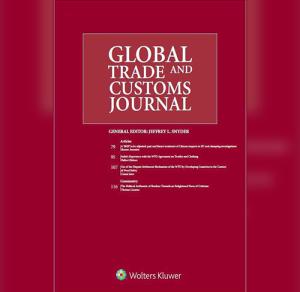
Recent developments in clean energy supply chain amidst the geopolitical crisis have resulted in the friend shoring and nearshoring measures in the clean energy supply chain.
Jindal Global Law School
Recent developments in clean energy supply chain amidst the geopolitical crisis have resulted in the friend shoring and nearshoring measures in the clean energy supply chain. Clean energy supply chain is susceptible to Environment, Social and Governance (ESG) risks, particularly resistance from the local communities against the critical minerals mining/exploration projects, due to policy gaps in the legislative framework regarding the community engagement standard and procedures. In context of friend shoring and nearshoring measures, this gap may get widened in the States with critical mineral resources. The article will track the development of the ESG standards pertaining to community engagement at the multilateral forums and the multilateral stakeholder initiative forums. Moreover, the article will analyse the gaps in ESG performance of the mining sector, particularly parameters of the community engagement. Further, the article will identify issues with the current initiatives under trade and economic cooperation agreements and bilateral investment treaties toward ensuring the community consent standards by extractive industry, specifically the mining of critical minerals for clean energy development. The article will conclude that fragmentation of the community consent standard has resulted in widening of ESG risks for investors and host states in the critical mineral sector. Accordingly, the article recommends that host states frame legislative framework for this sector by balancing interest of local communities with sound business environment for the investors.
Pranav Narang
Student at O.P. Jindal Global University
| Published Date | 01-03-2024 |
| Category | Achievements |